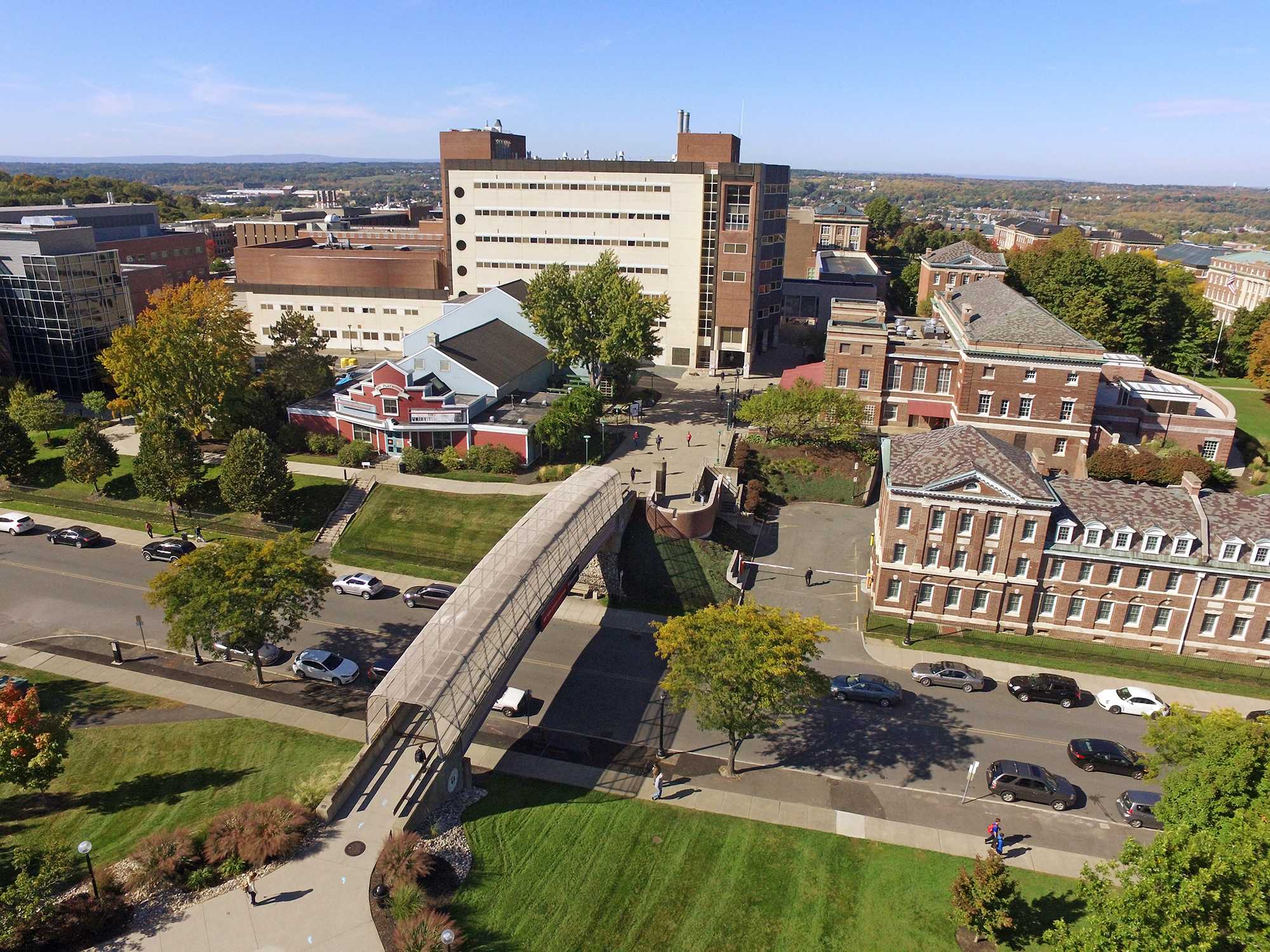The Mystery: Understanding the RPI Acceptance Rate
Rensselaer Polytechnic Institute (RPI) is widely recognized as a prestigious institution known for its excellence in science, technology, engineering, and mathematics (STEM) education. Aspiring students often seek admission to RPI due to its reputation for academic rigor and innovative research opportunities. The acceptance rate plays a crucial role in the college admissions process, as it indicates the level of competitiveness and selectivity of an institution. In this article, we will delve into the factors that influence RPI’s acceptance rate, shedding light on the admissions process and providing insights for prospective applicants.

Demystifying RPI Acceptance Rate
The acceptance rate refers to the percentage of applicants who are admitted to a college or university. It is a significant metric for prospective students as it helps them gauge their chances of being accepted into their desired institution. Acceptance rate is calculated by dividing the number of admitted students by the total number of applicants and is usually expressed as a percentage.
Top universities, including RPI, typically have lower acceptance rates due to the high number of applications they receive. This is because these institutions are highly sought after and attract a large pool of talented and competitive applicants. It is important to note that acceptance rates can vary significantly between different colleges and universities, with some highly selective institutions having acceptance rates below 10%.
Understanding RPI’s Admissions Process
RPI follows a holistic admissions approach, considering various factors beyond just academic achievements. While academic performance is crucial, the institute also values extracurricular involvement, personal qualities, and a passion for learning. This approach allows RPI to create a diverse and well-rounded student body.
Standardized test scores, such as the SAT or ACT, and GPA are important factors in the admissions process. These scores indicate an applicant’s academic abilities and potential. However, RPI also recognizes that a student’s potential cannot be solely determined by test scores, which is why they consider other aspects of an application.
In addition to test scores and GPA, recommendation letters, essays, and interviews play a significant role in evaluating applicants. These components provide insights into an applicant’s character, accomplishments, and aspirations. Recommendation letters from teachers or mentors highlight an applicant’s strengths and qualities, while essays and interviews allow applicants to showcase their unique perspectives and experiences.
Factors Influencing RPI’s Acceptance Rate
When it comes to RPI’s acceptance rate, several factors come into play. Understanding these factors can give prospective applicants valuable insights into the admissions process and help them strategize their applications.
Academic Standards and Selectivity
RPI is known for its academic rigor and high standards. The institute seeks students who have excelled in challenging coursework, particularly in STEM subjects. Admissions officers carefully review an applicant’s high school transcript, paying attention to the rigor of the curriculum, grades, and any advanced or honors courses taken. Demonstrating a strong academic foundation is essential for gaining admission to RPI.
Demographics and Geographic Distribution
RPI aims to create a diverse and inclusive student body. The geographic distribution of applicants plays a role in the acceptance rate, as the institute seeks to attract students from different regions and backgrounds. While RPI does not have specific quotas or preferences, it strives for a balanced and representative student population.
Application Strength and Quality
The strength and quality of an application greatly impact the acceptance rate. RPI looks for applicants who stand out in terms of their achievements, extracurricular involvement, and unique talents. Well-crafted essays that showcase an applicant’s passion, personal growth, and alignment with RPI’s values are highly valued. Additionally, involvement in leadership roles, community service, research projects, and other notable accomplishments can strengthen an application.
Yield Rate and Enrollment Goals
RPI’s acceptance rate is also influenced by its yield rate, which is the percentage of admitted students who choose to enroll. The institute carefully considers its enrollment goals and capacity when admitting students. If the yield rate is lower than expected, RPI may re-evaluate its admissions decisions and potentially admit more students from the waitlist to meet their enrollment goals. On the other hand, if the yield rate is higher, the acceptance rate may decrease as fewer spots are available for new applicants.
FAQs:
What is RPI’s current acceptance rate?
The current acceptance rate for Rensselaer Polytechnic Institute can vary from year to year. It is recommended to visit the official RPI website or contact the admissions office for the most up-to-date information on their acceptance rate.
How does RPI’s acceptance rate compare to other top universities?
RPI’s acceptance rate is typically lower compared to many other top universities due to its high demand and selectivity. However, it is important to note that acceptance rates can vary widely among different institutions, and it is crucial to consider other factors such as academic fit and personal preferences when selecting a university.
Can I improve my chances of acceptance at RPI?
While there are no guarantees in the admissions process, there are several steps you can take to enhance your chances of acceptance at RPI. Focus on maintaining a strong academic record, challenging yourself with rigorous coursework, and performing well on standardized tests. Engage in extracurricular activities that align with your interests and showcase your leadership skills. Craft thoughtful and compelling essays that highlight your unique qualities and experiences. Lastly, make sure to submit a complete and well-prepared application by the deadline.
Does RPI have any specific requirements or preferences in the admissions process?
RPI does not have specific requirements or preferences in terms of the admissions process. However, they value academic excellence, extracurricular involvement, and personal qualities. It is important to thoroughly review the RPI admissions website for detailed information on the application requirements and any specific criteria they may have.
Conclusion:
Understanding the acceptance rate and the factors influencing it is crucial for prospective applicants to RPI. By comprehending the holistic admissions approach, the significance of academic standards, the role of application strength, and other key factors, applicants can strategically prepare their applications to maximize their chances of acceptance. It is important to remember that while acceptance rates provide insights, they should not be the sole determining factor in the college decision-making process. Prospective students should focus on showcasing their strengths, pursuing their passions, and finding the best fit for their academic and personal growth.




